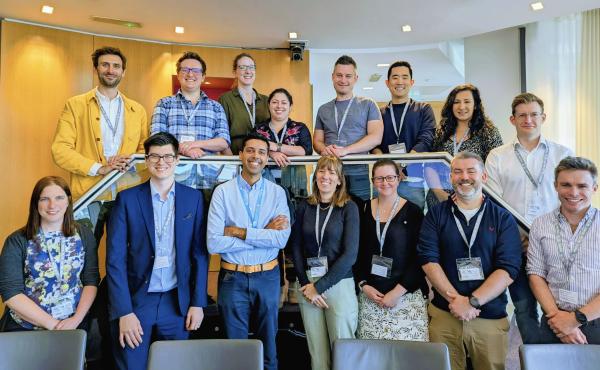ICM Training Best Practice Statements
Following Quality Assurance (QA) feedback from the annual IiT Surveys, the Faculty has developed a series of best practice resources and guidance for Intensivists in Training (IiTs) and Trainers. These materials support our commitment to a pragmatic and flexible ICM training programme.
This page is a work in progress – please check back regularly for updates.
Our thanks to the FICM IiT Sub-Committee, whose input has been central to the development of these resources.
Protected Airway Training
The Faculty supports regular protected anaesthetic time for maintenance of anaesthetic capabilities for doctors on the single ICM, Dual EM & ICM and Dual/Triple Medicine & ICM CCT programmes during training when insufficient exposure is available on call or on the intensive care unit. Remember that from Stage 1 to 2 the Anaesthetic HiLLO capability increases from level 2 to 3 so additional airway skills must be attained, and this should be evidenced by a logbook, and is an ARCP requirement.
Protected Time for Research/QI/Skills
The Faculty supports the incorporation of protected time for the development and maintenance of curriculum learning outcomes (research, QI/audit, and skills such as ultrasound etc.) This is an ideal use of EDT and should be provided within contractual work hours and not reliant on trainees' personal time.
Best Practice for the Management of Intensivists in Training
Our recent ICM StR Survey highlighted concerns regarding the variability in the experiences of Intensivists in Training (IiTs) from medical and emergency medicine backgrounds compared to those from an anaesthetic background. The RCoA and FICM Training Committees felt it was important to outline the general principles on how these doctors should be supported by anaesthetic and critical care departments. There is complexity in providing such bespoke training and both training committees would like to thank their entire network of trainers for their hard work and dedication in supporting doctors from such diverse backgrounds.
COPMed Guidance on Changes to Programme Completion Dates
Please see below for the final COPMeD guidance on the accelerated progression of specialty medical training and bringing forward Completion of Training (CCT) / Programme Completion Dates. This guidance was agreed to by COPMeD at their 7 February 2024 meeting and received agreement at the Joint Academy Training Forum (JATF) meeting on 26 September 2024.
PHEM "Keeping in touch" days
The Faculty supports Intensivists in Training who have completed PHEM sub-specialty training to be released for 1 to 2 ‘keeping in touch’ days per month to enable them to maintain currency with their PHEM practice, and is indeed an ARCP requirement for them to proceed to a CCT with subspecialty training.
This section is a work in progress.
We will be adding material over time.



